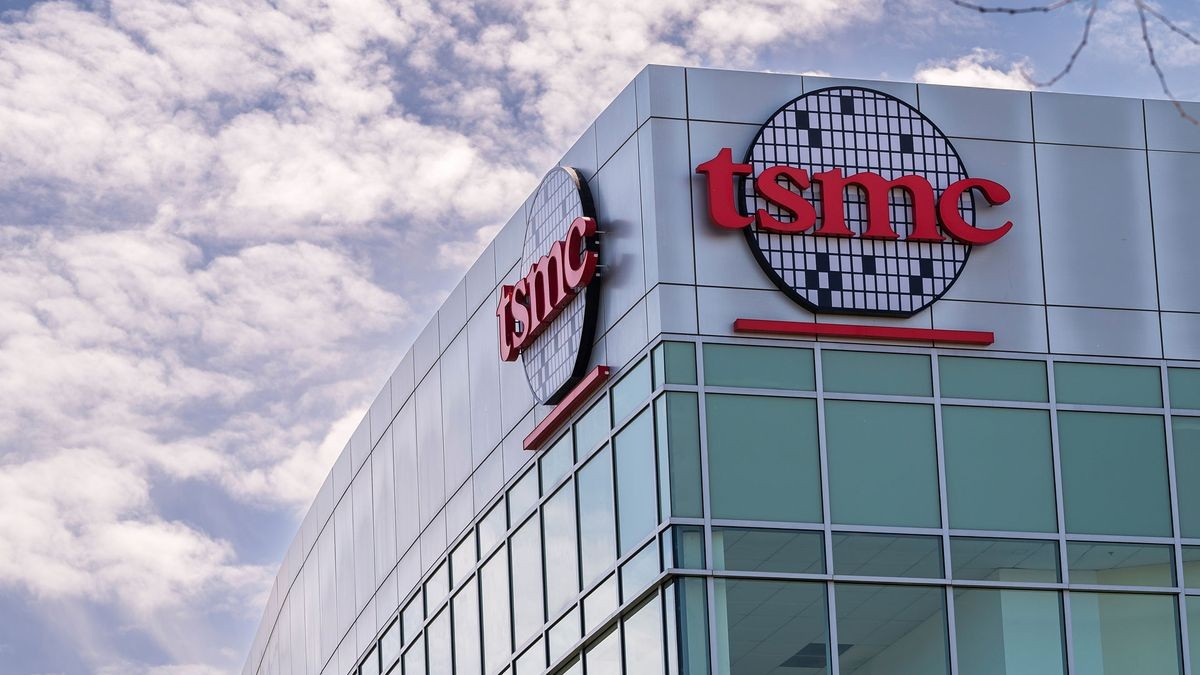
TSMC's Arizona semiconductor facility, known as Fab 21, currently employs approximately 2,200 workers, with half originating from Taiwan, according to recent reports from The New York Times. This staffing composition has sparked controversy since the project's announcement in 2020, when TSMC initially promised to prioritize local hiring.
The semiconductor giant deployed over 1,000 skilled workers from Taiwan to ensure timely completion and maintain budget constraints for the facility near Phoenix. This decision drew criticism from Arizona labor unions, who argued it reduced job opportunities for local workers. The situation escalated to include a lawsuit alleging racial discrimination in promotion practices.
Cultural differences in workplace practices have also emerged as a point of tension. TSMC's expectations for extended work hours clash with typical U.S. labor practices, highlighting the challenges of adapting Taiwanese corporate culture to the American workplace.
Looking ahead, TSMC plans to expand its Arizona operations with two additional phases over the next five years, potentially creating approximately 6,000 high-paying positions. The company indicates it will gradually increase the proportion of American workers as current employees gain experience and advance within the organization.
However, the technical requirements of future phases present unique challenges. Fab 21's upcoming expansions will focus on more advanced chip production processes, including 3nm, 2nm, and 1.6nm technologies. These newer manufacturing methods require different equipment and expertise than current operations, which may necessitate bringing additional specialized workers from Taiwan during initial setup and implementation phases.
The semiconductor manufacturer faces the complex task of balancing its commitment to local employment with the need for specialized technical expertise as it continues to expand its Arizona operations.